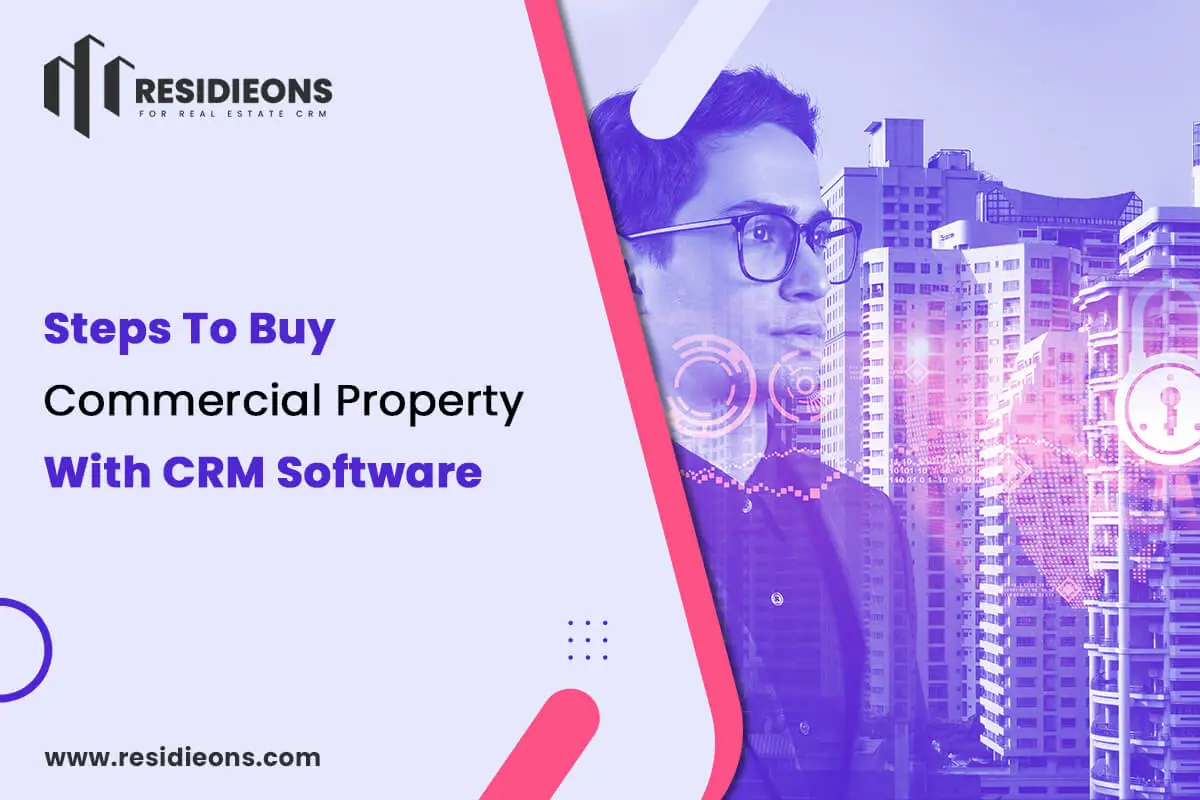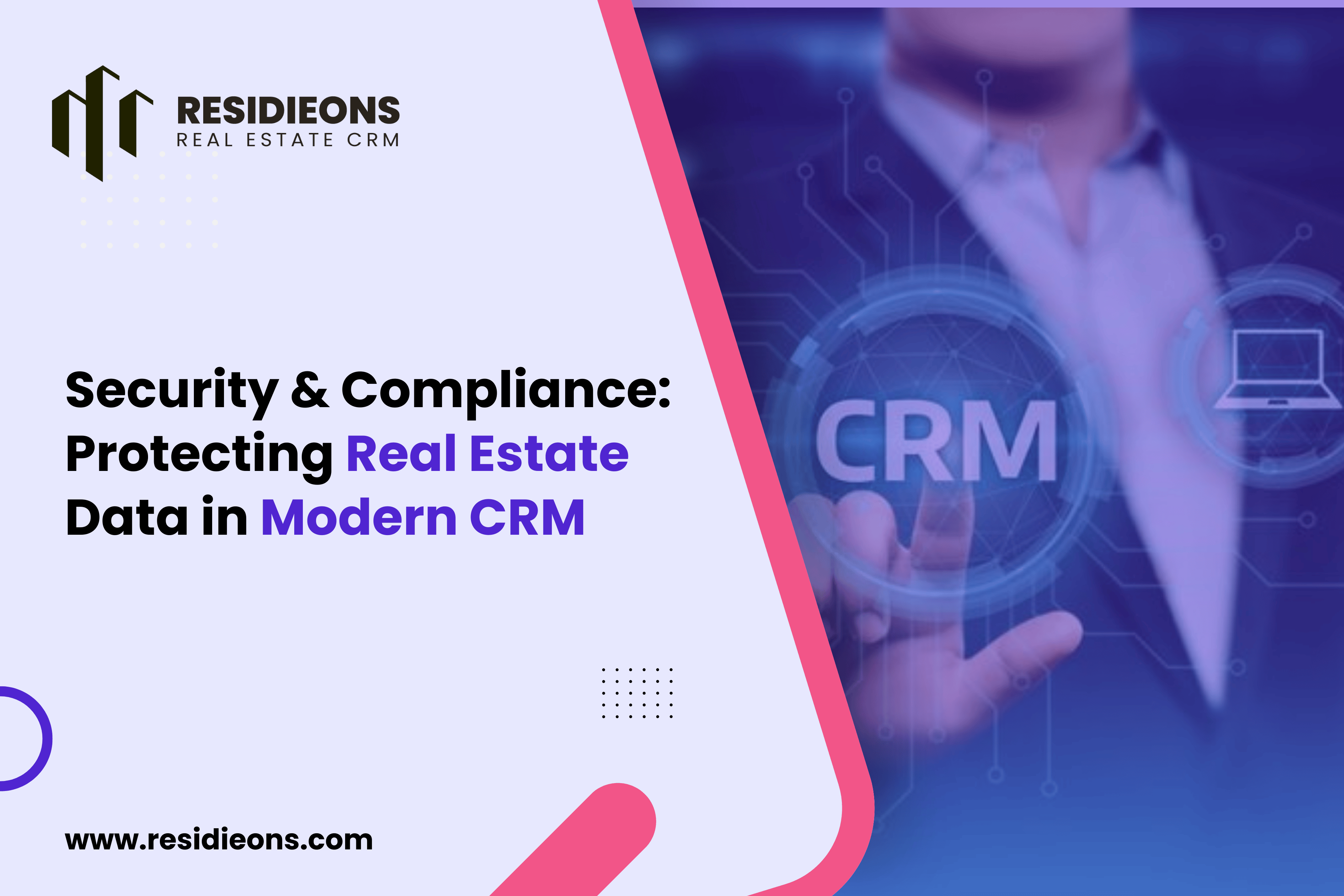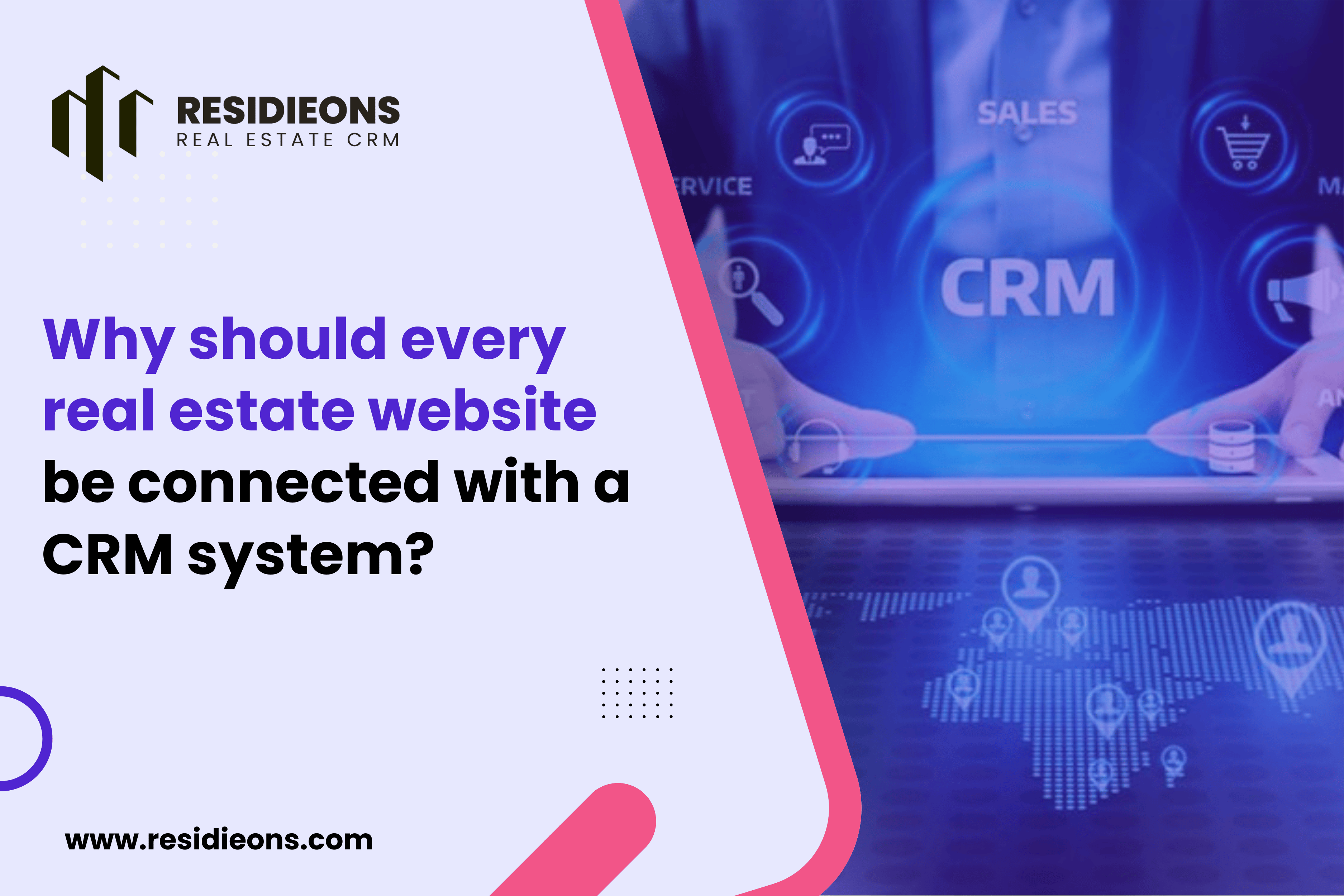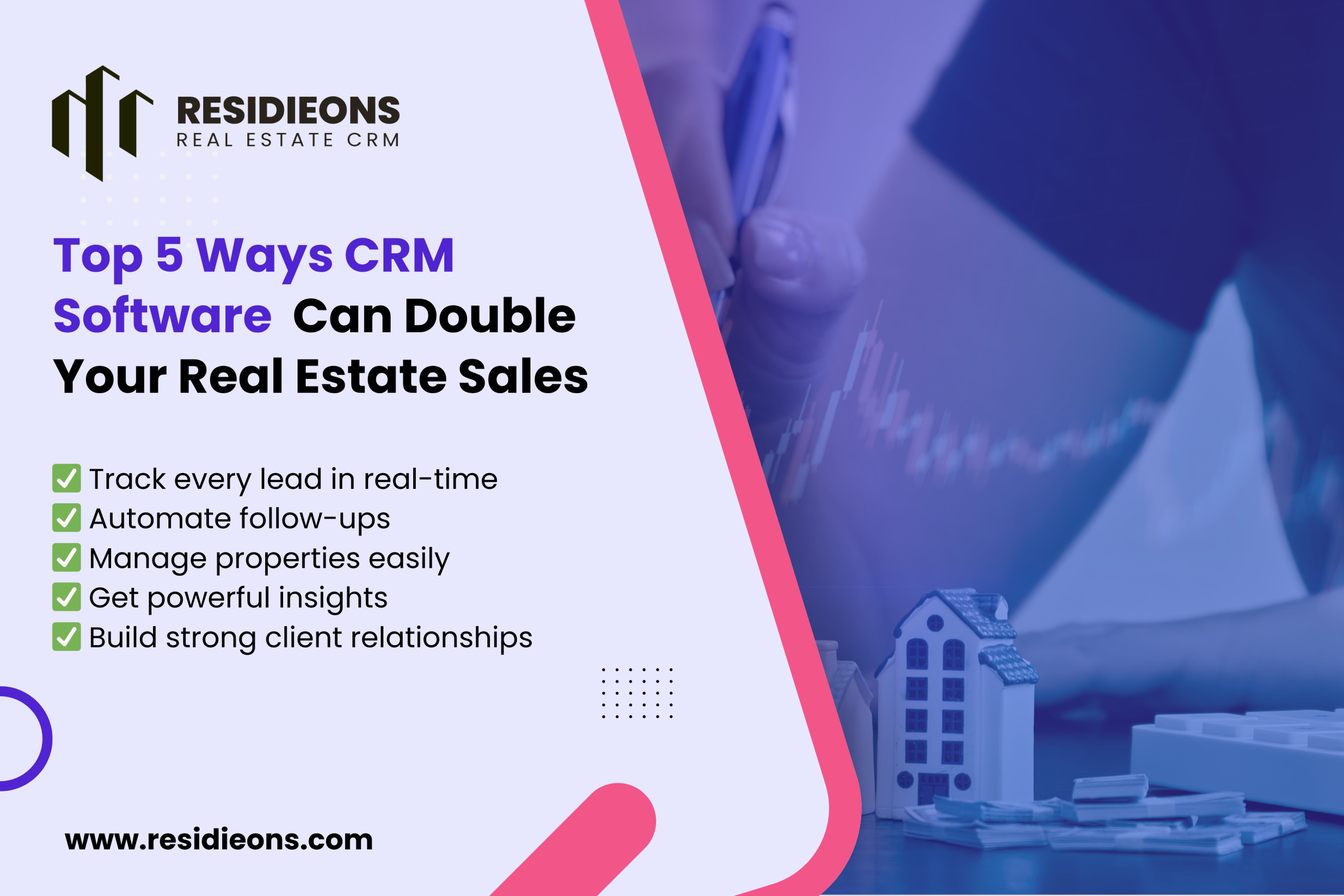
Commercial real estate is a lucrative market for investors
looking for long-term returns and stability. In recent years, there has been a
surge in the demand to buy commercial property, leading to a rise in its
prices. This has made it challenging for investors to identify and acquire
desirable properties promptly. To overcome this challenge, many real estate
companies are using customer relationship management (CRM) software to
streamline their processes and improve efficiency. This article will
discuss the steps to buy commercial property using CRM software.
The first step in buying commercial property is to clearly
define your investment criteria. This includes identifying the type of property
you are looking for, the preferred location, and your budget. By having a clear
understanding of your investment goals and criteria, you can narrow down your
property search and save time and effort.
CRM software can help you in this step by allowing you to
create customized search parameters and filters. You can set criteria such as
the type of commercial property, location, price range, and other features
that are essential to your investment. This will help you receive notifications
and updates on properties that match your criteria, saving you the hassle of
manually searching for suitable properties.
After defining your investment criteria, the next step is identifying potential properties that align with your goals and budget.
Traditionally, this would involve manually scouring through listings, visiting
properties, and evaluating their potential. However, with CRM software, this
process can be automated and streamlined.
CRM software can gather data from various sources and
consolidate it into a centralized database, making it easier for you to access
and evaluate potential properties. Depending on the software, you can also view
and buy commercial property details, photos,
and virtual tours from within the CRM, eliminating the need to visit every
property physically. This not only saves time but also allows you to evaluate a
larger number of properties in a shorter period.
The next step is to analyze the performance of the
shortlisted properties. This involves evaluating factors such as rental income,
operating expenses, vacancy rates, and the potential for future growth. This
step is crucial, as it helps you determine the potential return on investment
and make an informed decision.
CRM software can assist in this step by providing you with
tools to analyze property performance. You can input data such as rental
income, expenses, and other financial information, and the software will
generate reports and projections for each property. This will help you compare
properties and select the one that offers the best potential for returns.
Once you have identified a suitable property, the next step
is to secure financing. This involves working with lenders to obtain a loan or
mortgage to finance the purchase. Traditionally, this process can be
time-consuming, involving multiple meetings and paperwork. However, with CRM
software, this process can be streamlined and simplified.
CRM software can store all your financial information, such
as credit scores, income, and assets, in one place, making it easier for
lenders to assess your financial standing. You can also use the software to
track your loan applications, receive notifications, and communicate with
lenders. This will save you time and effort and ensure a smooth financing
process.
Before finalizing the purchase, it is crucial to complete
due diligence on the property. This involves conducting a thorough inspection
and evaluation of the physical condition of the property, as well as legal and
financial due diligence.
CRM software can help you in this step by providing you with
checklists and reminders, ensuring that you don't miss any crucial steps. You
can store all the relevant documents and conduct a side-by-side comparison of
properties to aid in decision-making. Additionally, the software can also
facilitate communication and collaboration with attorneys, inspectors, and
other professionals involved in the due diligence process.
After completing due diligence, it's time to make an offer
on the property. This is where CRM software can come in handy. You can use the
software to generate and track offers, as well as receive and communicate
counteroffers. Additionally, CRM software can also assist in the negotiation
process by providing you with insights and data on similar-to-buy commercial
property and market trends.
Once an offer has been accepted, the final step is to close
the deal. This involves signing the necessary paperwork, transferring
ownership, and paying fees and taxes. Closing a real estate deal can be a
lengthy and complicated process, but CRM software can make it more efficient
and organized.
You can use the CRM to manage all the necessary documents
and deadlines, track communication with all parties involved, and receive
alerts and notifications for upcoming tasks. This will ensure a smooth and
timely closing of the deal.
After purchasing the commercial property, it is essential to
manage it efficiently to ensure its success and generate a return on
investment. CRM software can help you in this step by providing tools for buying commercial property management. You
can track tenant information, rent collection, lease agreements, and
maintenance requests, among other things. This will help you stay organized and
on top of all aspects of the property management process.
In conclusion, buying commercial property can be a complex
and time-consuming process. However, by using Residieons CRM software, this
process can be streamlined and made more efficient. From defining your
investment criteria to managing the property, CRM software can assist at every
step of the way, allowing you to make informed decisions and save time and
effort. As the demand for commercial properties continues to rise, using CRM
software will give you a competitive advantage in the market and help you secure
the best deals.

The real estate market is changing very quickly today, and if you want to s
Read More...


If you are in the real estate business, you already know how tou
Read More...
In today’s competitive real estate market, managing leads, foll
Read More...